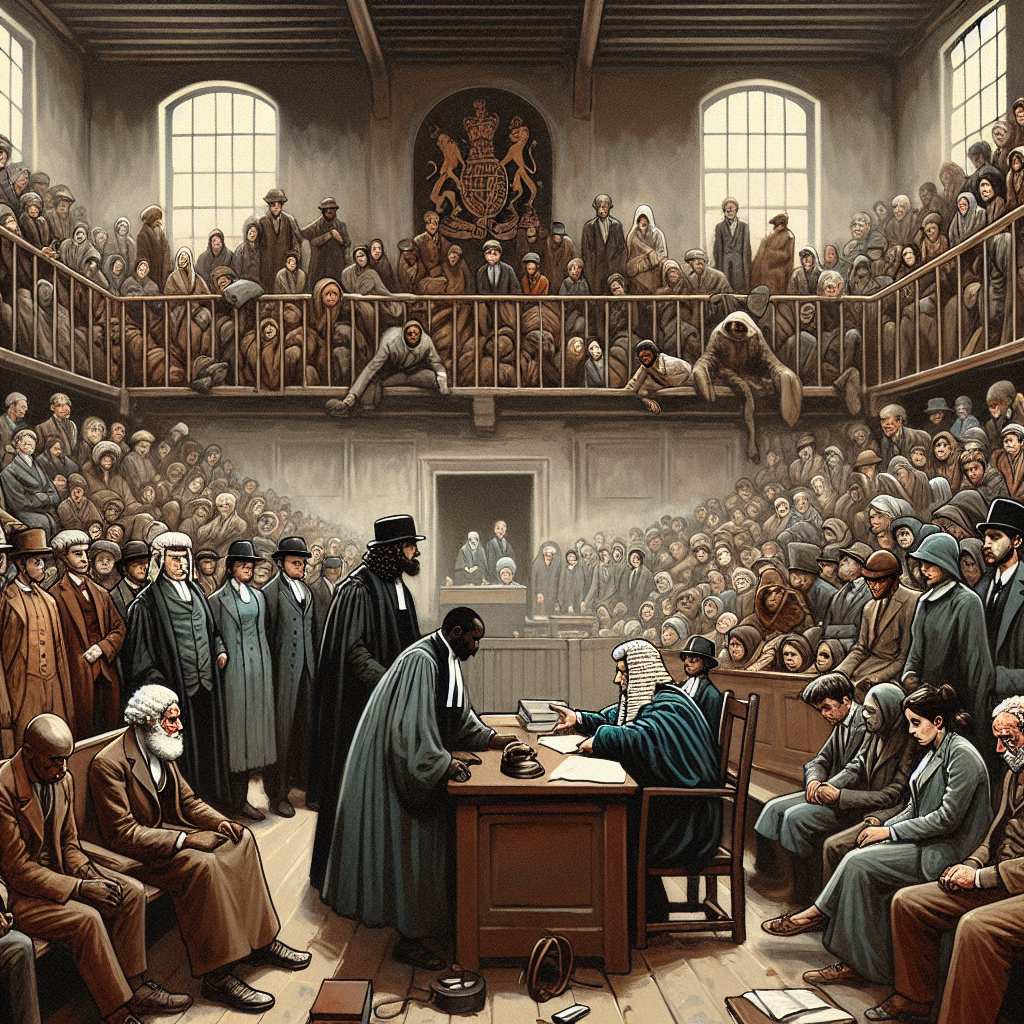Tunisia Mass Trial Underscores Opposition Suppression and Judicial Erosion
Tunisia Mass Trial: A Spotlight on Opposition Suppression and Judicial Erosion
Overview
The recent mass trial in Tunisia has drawn significant attention to the country’s political climate, highlighting concerns over the suppression of opposition voices and the erosion of judicial independence. This development is seen as a critical moment in Tunisia’s ongoing struggle for democratic governance.
Key Issues
- Opposition Suppression: The trial is perceived as a strategic move by the government to silence dissent and weaken political adversaries.
- Judicial Independence: Concerns are mounting over the judiciary’s ability to operate independently, with allegations of political interference in legal proceedings.
- Human Rights Concerns: International observers and human rights organizations have raised alarms about potential violations of fair trial standards and the rights of the accused.
Implications for Tunisia
The mass trial has significant implications for Tunisia’s political landscape and its democratic institutions:
- Political Stability: The suppression of opposition figures could lead to increased political unrest and instability.
- International Relations: Tunisia’s actions may strain relations with international allies and human rights organizations advocating for democratic principles.
- Public Trust: The perceived erosion of judicial independence could undermine public confidence in the legal system and governance.
Conclusion
The mass trial in Tunisia serves as a critical indicator of the country’s current political trajectory, marked by the suppression of opposition and challenges to judicial independence. As Tunisia navigates these turbulent waters, the international community and local stakeholders will be closely monitoring the situation, advocating for the protection of democratic values and human rights.

































